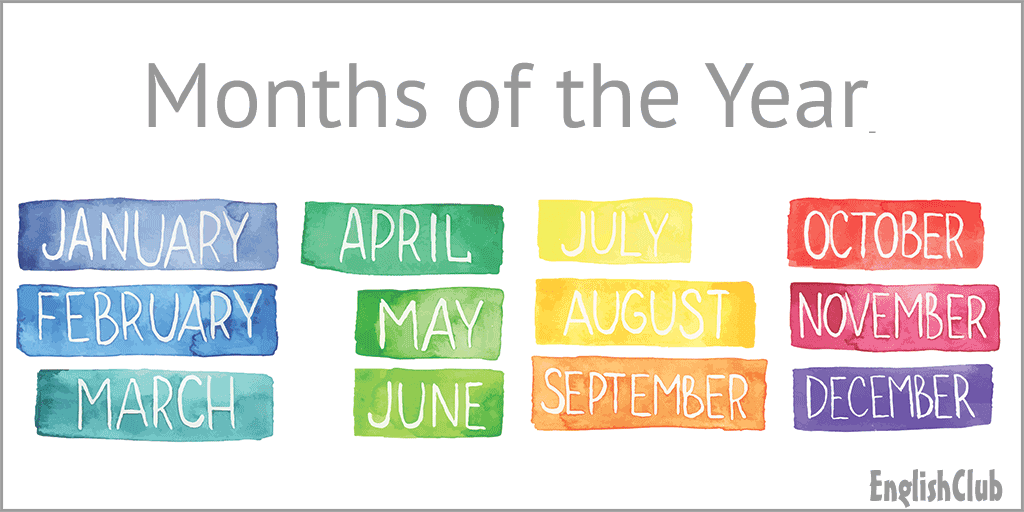Thinking about a specific period, say the year of 1995, often brings up interesting questions about how we actually speak about time. It's a bit like looking at a calendar date and wondering about all the different ways we can refer to it, or even describe events that happened then. We use all sorts of phrases and grammatical structures to pinpoint moments, sometimes without even realizing the subtle rules that guide our everyday talk.
Our language has many neat ways to talk about when things happen, or how long something has been going on. For instance, when we mention the year of 1995, we might use a phrase that shows a start point, or perhaps one that describes a period already finished. These choices, you know, aren't just random; they follow patterns that make our conversations clear, or at least clearer, for others to follow along.
This exploration will look into the various linguistic habits we have when discussing periods like the year of 1995, drawing from some common observations about how people express time. We'll consider the little differences in words that change what we mean, and how we structure our thoughts when placing events on a timeline. It's pretty fascinating, actually, how much thought goes into something we do so casually.
- Pirata De Culican
- Why Do They Call The Police 12
- Michael Schoeffling Wife
- Vanessa Williams Husband
- Savannah Chrisley Net Worth 2025
Table of Contents
- Is "From This Year" the Right Way to Say It?
- What Do We Call Special Sounds for Dates?
- Understanding "Year to Date" and What's Left
- When Do We Use "The Year's" Possessive Form?
- How Do We Refer to Years Like 1995 Historically?
- What Does "By" Mean When Combined with a Year?
- "In This Year" Versus "This Year" - Any Difference?
- Different Ways to Express Age or Duration
Is "From This Year" the Right Way to Say It?
People sometimes wonder if it's okay to say "from this year" instead of "starting this year." It's a pretty common thought, actually. Both phrases, in a way, aim to place an event in time. One uses a word that suggests a beginning point, while the other might sound a little different, yet still points to a similar idea. It really just depends on the exact nuance someone wants to get across.
Considering the Year of 1995 in Phrases
If someone helped with thesis statements, for example, you could say, "You've helped us with our thesis statements in this year." Or, you could simply state, "You've helped us with our thesis statements this year." Both of those sentences, it seems, carry the same basic message. They both work just fine in everyday conversation, especially when we're talking about something like the year of 1995. The choice often comes down to personal preference or a slight emphasis on the period itself.
What Do We Call Special Sounds for Dates?
When we talk about numbers like "9th," "3rd," or "301st," we're using what we call ordinal numbers. These are words that show position in a sequence. It's a little different from just saying "nine" or "three." These special sounds help us put things in order, which is pretty useful when we're talking about days of the month or positions in a race. They give a sense of place, so to speak, rather than just a count.
- %D9%85%D8%A7%DA%A9%D8%B3 %D8%A2%D9%86%D8%AA%D9%88%D9%86%DB%8C
- Jayden Daniels Education
- Michael Phelps Wife
- Fr%C3%A9d%C3%A9ric Thi%C3%A9baud
- Nicole Wallace Ex Boyfriend
Ordinal Words and the Year of 1995
While we don't usually use ordinal words directly for the year of 1995 itself (we say "nineteen ninety-five," not "the nineteen ninety-fifth year"), the concept of ordering is still very much there. We understand that 1995 comes after 1994 and before 1996. So, in some respects, the idea of sequence is built into how we talk about years, even if we don't use the specific ordinal number forms for the year name itself. It's a subtle but important distinction, you know.
Understanding "Year to Date" and What's Left
The phrase "year to date," often shortened to YTD, is pretty common in certain contexts. It's used to describe the part of the current calendar year that has already gone by. So, if it's October, YTD refers to everything from January 1st up until that point. It's a way to sum up what's happened or been counted within the year that's currently unfolding. This concept helps us measure progress or activity over a specific, unfinished period.
The Completed Part of the Year of 1995
If we were in, say, August of the year of 1995, then "year to date" would cover January through July and the first part of August of that year. It's a way to mark off the portion of the year that has already concluded. Then, there's the other side of that coin: what do we call the remaining part of the year? There isn't one single, common term for that, which is interesting, actually. We often just say "the rest of the year" or "the remainder of the year," which is pretty straightforward.
When Do We Use "The Year's" Possessive Form?
Possessive adjectives usually show belonging, but they don't always mean someone owns something in the typical sense. For instance, we might say "the year's events" or "the year's end." Here, the apostrophe 's' replaces the word "of," so "the year's" stands in for "of the year." It's a neat little shortcut our language uses. However, I probably wouldn't say that a survey "belongs to the year" in the same way I'd say a book belongs to a person. It's more about association than possession, you know.
Ownership in the Year of 1995
When we talk about "the year's accomplishments" for the year of 1995, we're not saying 1995 literally owns those achievements. Instead, we're simply linking the accomplishments directly to that specific twelve-month period. It's a way to connect an action or an outcome to its time frame. This grammatical structure helps us speak more concisely, allowing us to attribute things to a year without using extra words. It makes our sentences flow a little better, which is pretty handy.
How Do We Refer to Years Like 1995 Historically?
When I was a child, I was always taught to speak about years using "BC" for "Before Christ" and "AD" for "Anno Domini," which means "Year of Our Lord." This was the standard way to place years on a very long timeline, especially for older periods. However, I do hear people referring to years in different ways somewhat regularly now, which shows how language evolves. It's a shift in how we mark historical time, you know, reflecting different ways of looking at the past.
Talking About the Year of 1995 and Beyond
Related Resources:



Detail Author:
- Name : Walter Wisoky
- Username : alexandre.frami
- Email : cristobal77@green.org
- Birthdate : 1970-01-12
- Address : 972 Price Cape Apt. 923 Braunland, MD 68684
- Phone : 269-352-4461
- Company : Muller PLC
- Job : Meter Mechanic
- Bio : Minus et quaerat ab et eius. Sint fugiat rerum qui nam non voluptatum dolorem. Sequi qui error et. Ex sit ducimus quo soluta id quia consectetur et.
Socials
twitter:
- url : https://twitter.com/hudson_medhurst
- username : hudson_medhurst
- bio : Aut enim qui voluptatem rerum eum numquam dolor. Accusantium eos adipisci voluptatem provident. Harum voluptate in omnis totam.
- followers : 6941
- following : 1603
tiktok:
- url : https://tiktok.com/@hmedhurst
- username : hmedhurst
- bio : Suscipit est tempora esse omnis cupiditate exercitationem exercitationem ab.
- followers : 5703
- following : 794
facebook:
- url : https://facebook.com/hudson_official
- username : hudson_official
- bio : Illum quasi consequatur expedita eum. Laboriosam omnis ad aperiam eius.
- followers : 5191
- following : 1946
linkedin:
- url : https://linkedin.com/in/hudson6577
- username : hudson6577
- bio : Voluptas eos voluptatem fuga doloremque.
- followers : 344
- following : 1166
instagram:
- url : https://instagram.com/hmedhurst
- username : hmedhurst
- bio : Tempore beatae aut rerum tempora numquam. Modi culpa labore suscipit neque aut iste quo.
- followers : 635
- following : 1073